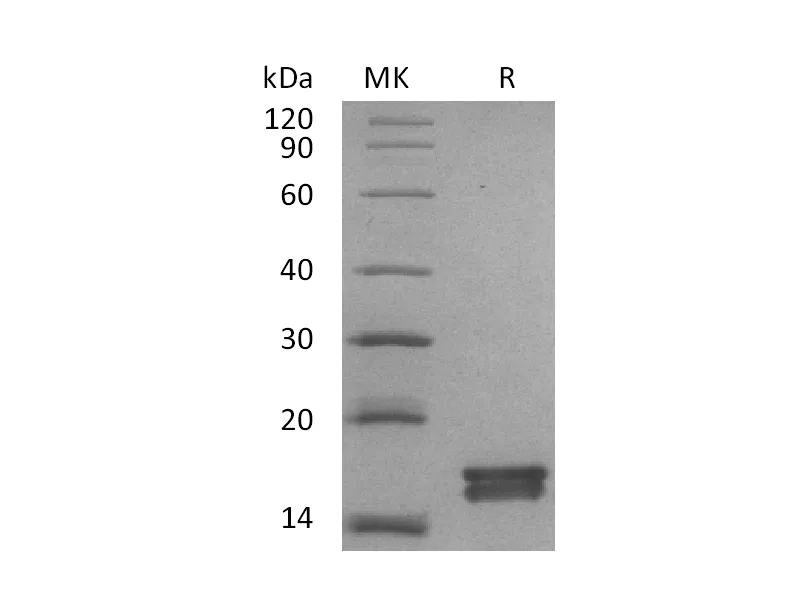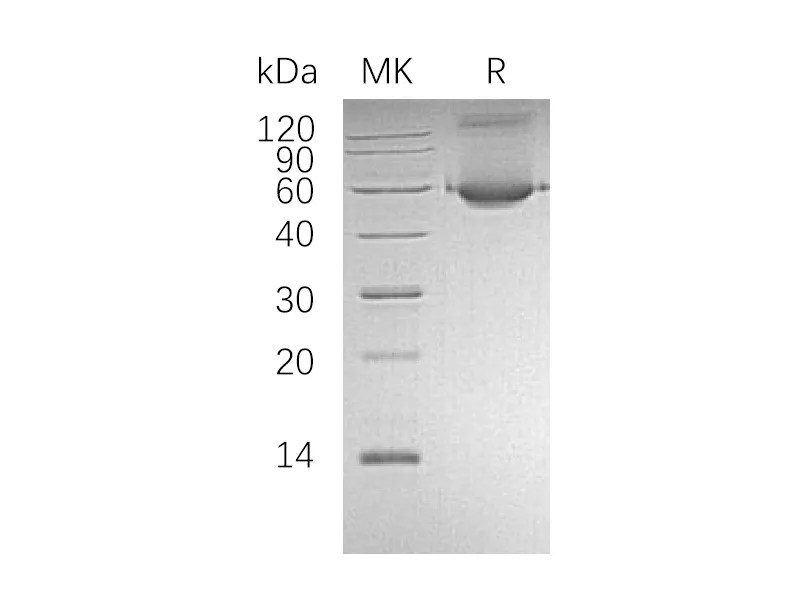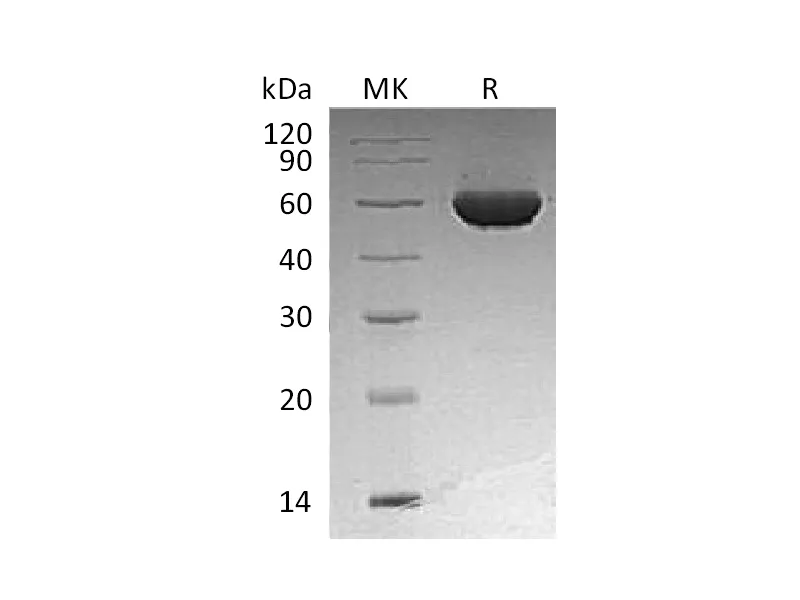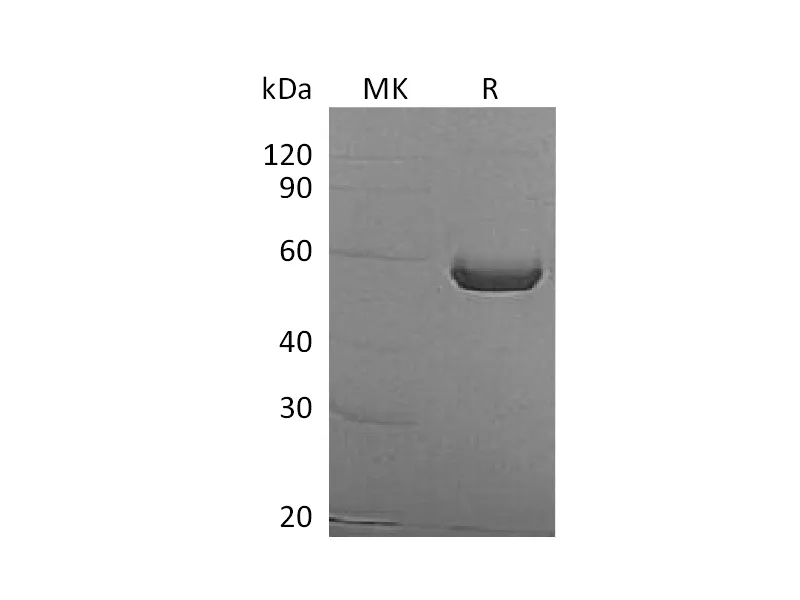Alternative Names
Apolipoprotein E;APOE;Apo-E;ApoE3
Background
ApoE, a glycoprotein, is a structural component of very low density lipoprotein (vLDL) synthesized by the liver and intestinally synthesized chylomicrons . ApoE is also a constituent of a subclass of high density of lipoproteins (HDL) involved in cholesterol transport .ApoE mediates high affinity binding of chylomicrons and vLDL particles to the LDL receptor, allowing for specific uptake of these particles by the liver, preventing the accumulation of cholesterol rich particles in the plasma .Apolipoprotein E combines with fats (lipids) in the body to form molecules called lipoproteins and Apolipoprotein E is a major component of a specific type of lipoprotein called very low-density lipoproteins (VLDLs).
Note
For Research Use Only , Not for Diagnostic Use.




